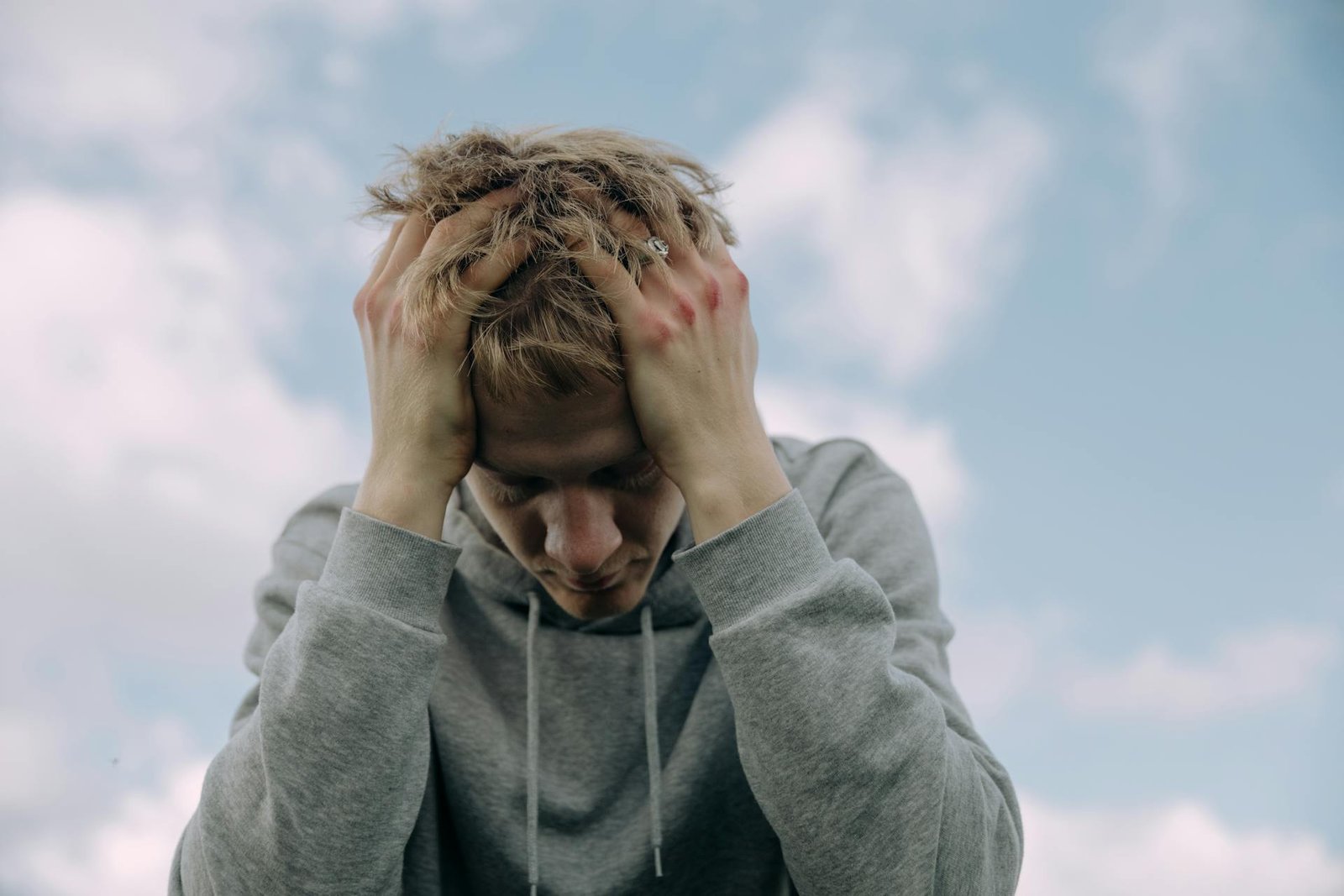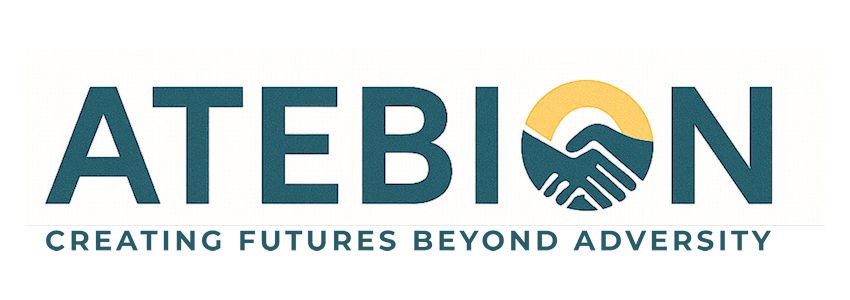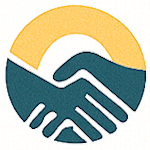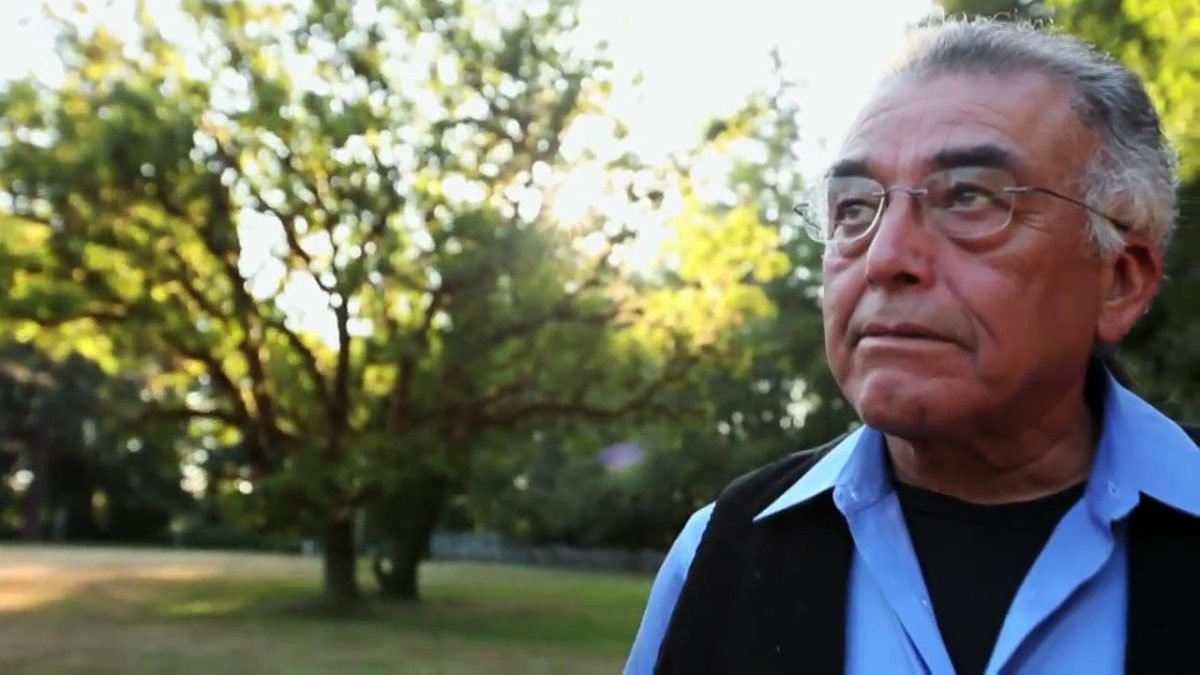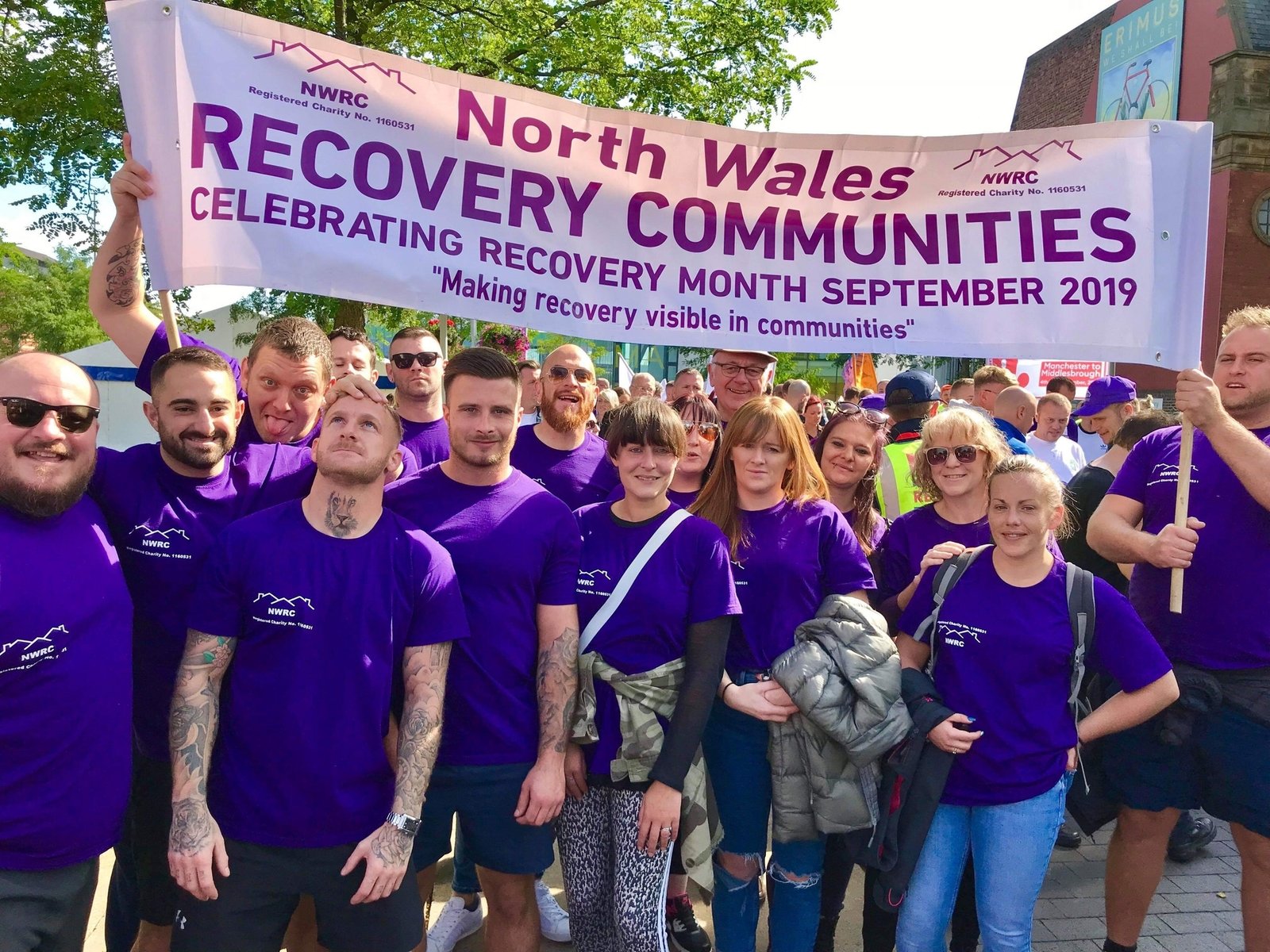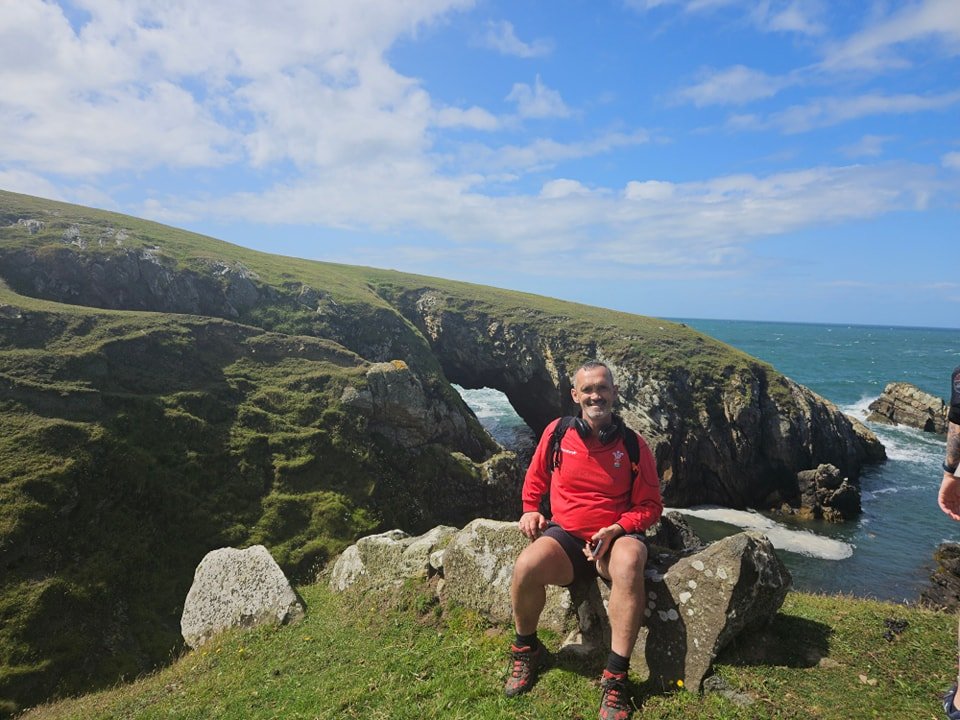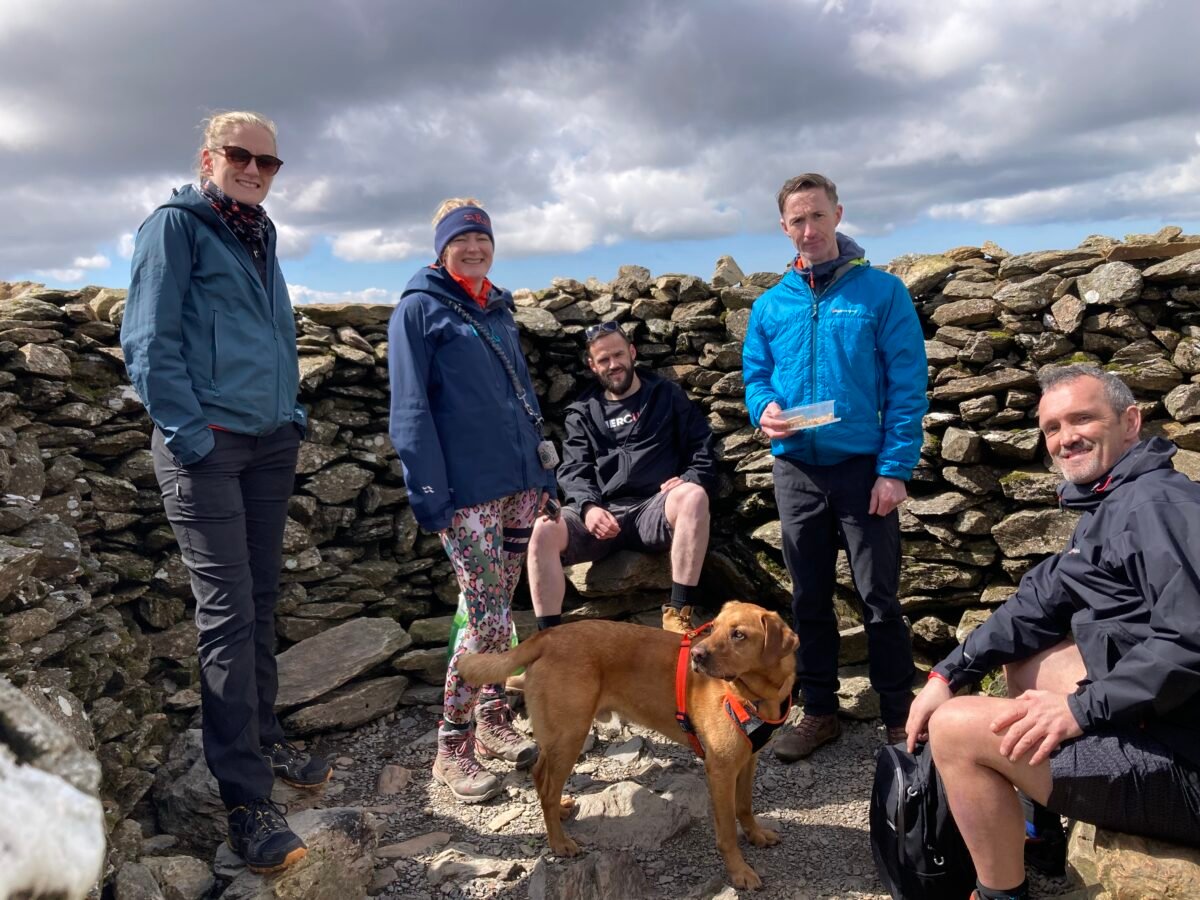Bruce Perry: "I think of the most transformative people I have ever known, every single one of them had personal pain and traumatic experience that was a core element of who they became. And it didn’t crush them … Those people tend to have tremendous empathy for others who are struggling and they tend to have wisdom."
Cormac Russell & John McKnight : “History teaches us that all sustainable change happens at the grassroots level and then spreads out from there to create further ripples of change.”
Bruce Perry: “Human beings are storytelling creatures, that’s how we best learn, that’s how we best communicate. So when the storytellers in our society tell their stories, they end up having a powerful impact.”
Lewis Mehl-Madrona: “Stories help us develop empathy. They allow us to understand another person’s world from their perspective. Stories give us unique access to the inner lives and motivations of others. They contain so much more information than we can convey in the statement of facts.”
Bessel van der Kolk: “Being able to feel safe with other people is probably the single most important aspect of mental health; safe connections are fundamental to meaningful and satisfying lives.”
Judith Herman: “The core experiences of psychological trauma are disempowerment and disconnection from others. Recovery, therefore, is based upon the empowerment of the survivor and the creation of new connections. Recovery can take place only within the context of relationships; it cannot occur in isolation.”
Bruce Perry: “At the core of sport is this fundamental relational experience that is foundational human health and wellness. And the combination of patterned, repetitive, rhythmic activities in connection with people who see you and care for you and you belong with, those are the essential ingredients of health and wellness.”
David Clark: “I love interacting with people in recovery from addiction, and some are close friends. I have a lot of respect for people in recovery, and at times have been in awe. I am amazed at some of the adversities that people overcome… and then they go on to help others.”
David Clark: “The three most important things I have learnt during my career are the Strength of Human Spirit, the Power of Human Connection, and the Healing Impact of Story.”
Don Coyhis: “... we must actively heal the community and its institutions at the same time an individual works on his or her own healing from alcohol or drugs or other unwell behaviours. The individual affects the community and the community affects the individual.”
William L. White: “The worst scenario would be that we would move into the lives of communities and—rather than help nurture the growth of indigenous supports—replace these natural, reciprocal relationships with ones that are professionalized, hierarchal, and commercialised.”
Bill Stauffer: “We know from an examination of our history that people typically recover in the context of community. It flourishes in environments where individuals feel a sense of belonging and purpose. In spaces of mattering. Places where people can share their gifts of recovery...”
